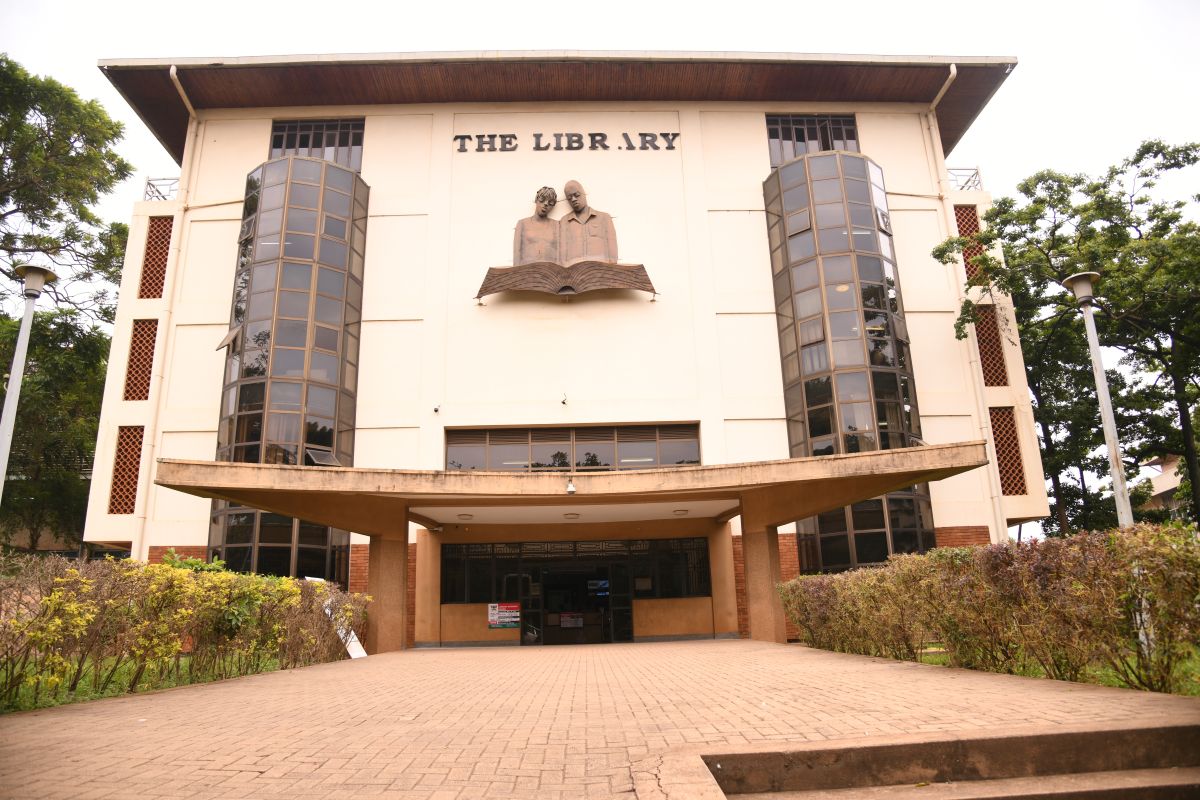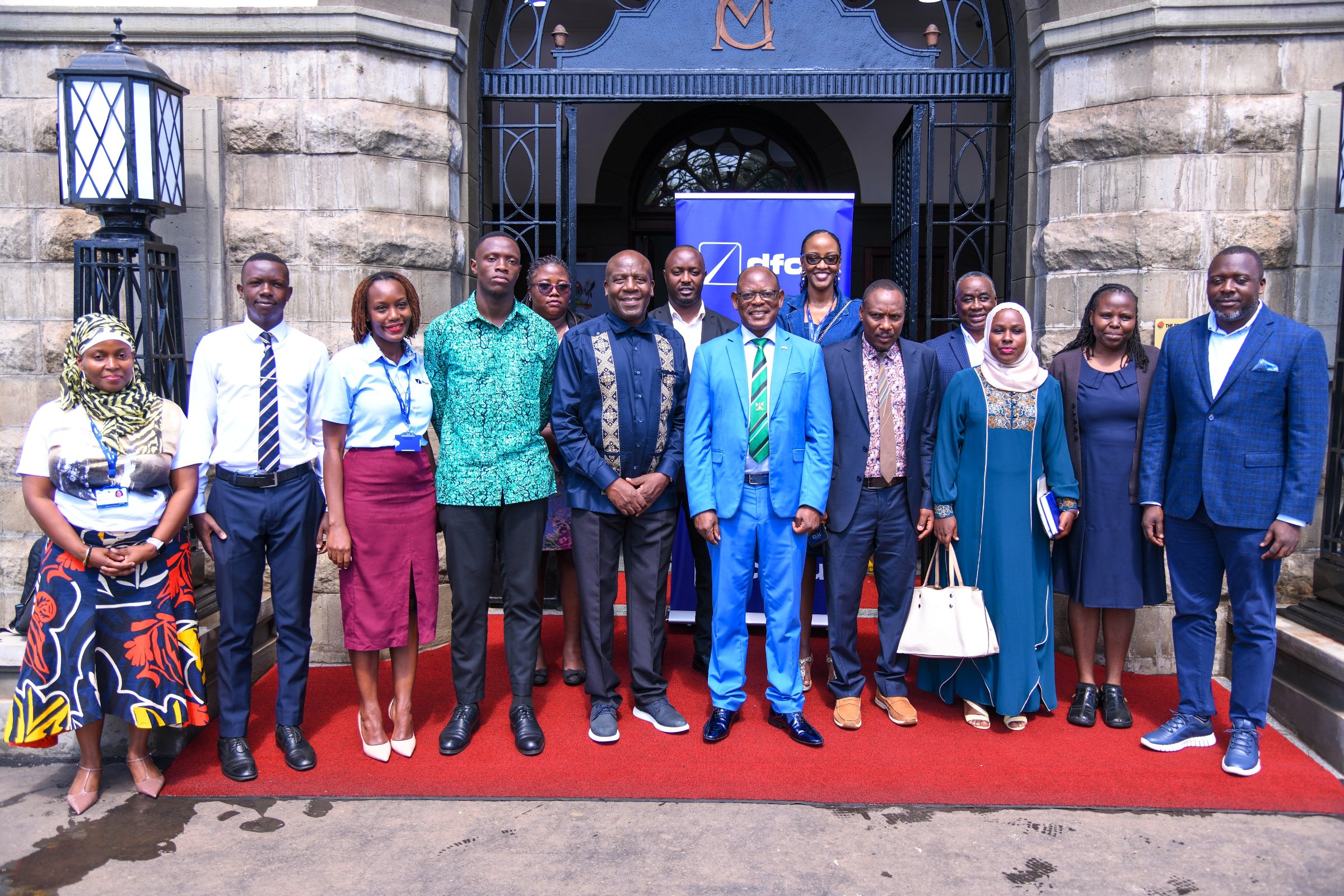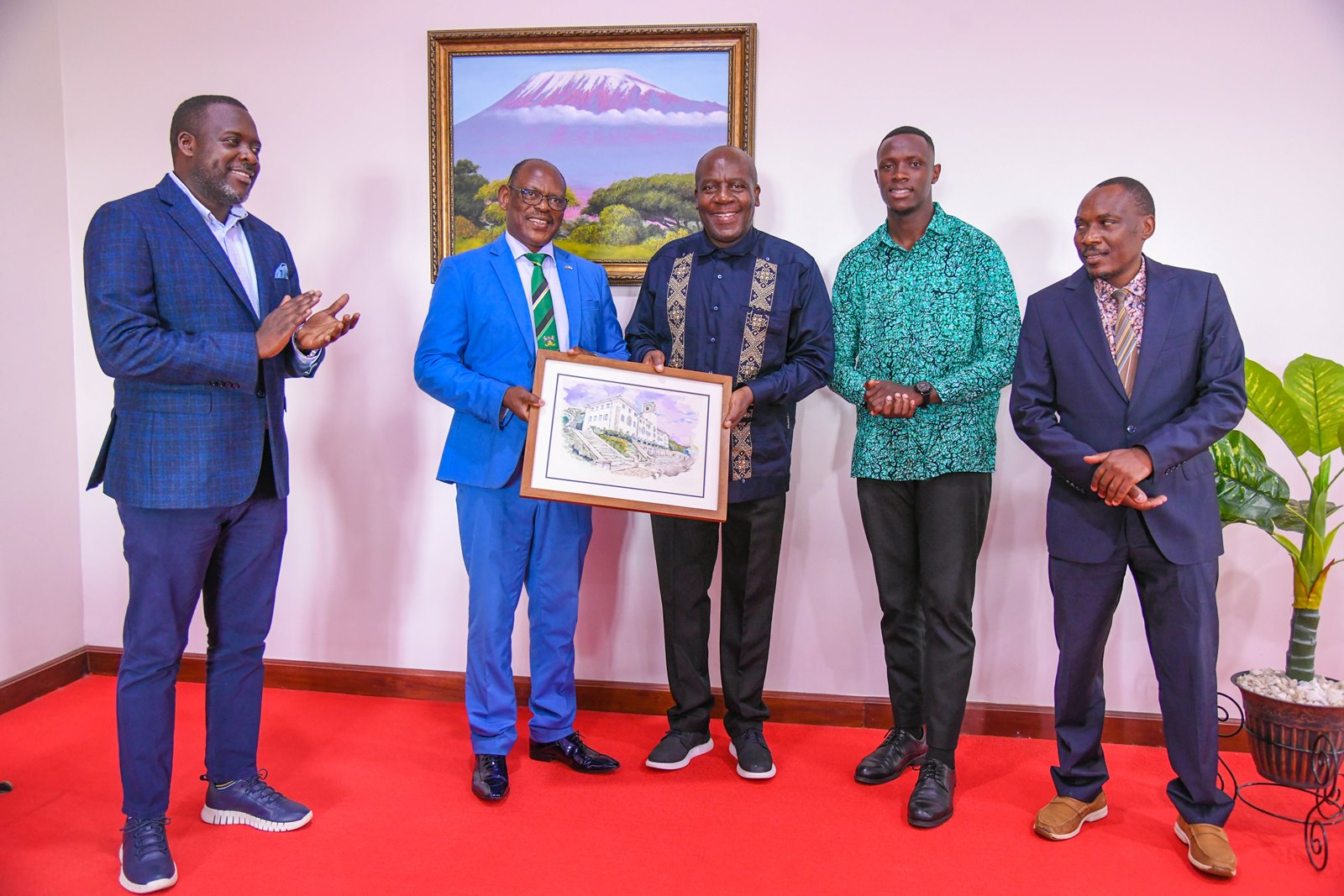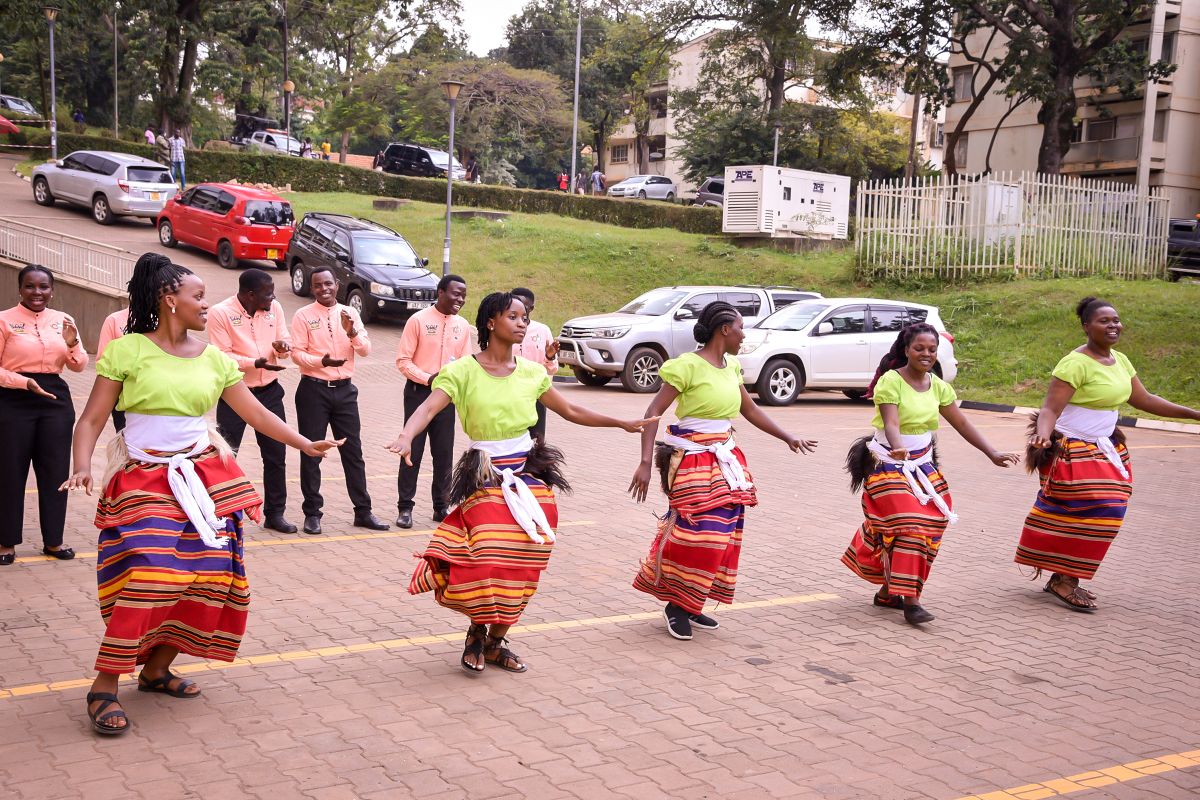For so many years, Uganda’s agricultural sector has been famed to be the backbone of the country’s economy. To date however, numerous imperative findings have pointed out that Uganda hasn’t maximally exploited the incalculable potential of this sector in transforming lives. Archaic agricultural methods are one of the pointed out causes of this phenomena. As a university that strives to provide innovative teaching, learning, research and services responsive to national and global needs, Makerere university continues to contribute to building a strong human resource base that is ready to impact social change across all sectors of development.

With its emphasis on modernizing agriculture, Makerere University has for long provided solutions to the looming challenges that are crippling the agricultural sector. Through its strong field based research initiatives, the University has generated technologies and identified innovative approaches for improving agriculture and ensuring positive changes in farmers’ livelihoods. This has been backed by laboratory experiments and introduction of courses such as Agricultural sciences, Agribusiness management and, Agricultural and Rural innovations.
One product of these initiatives is Agriculture for Health and Wealth (AHW), a demonstration and training farm in urban agriculture. The farm is co-founded by Kafuuma Joseph, Ssebagala Harold and Tumuhimbise Enock; alumni of Makerere University who graduated in 2017 with BSc Agriculture (Crop Science) degree.
AHW is a beauty of innovation that started as model farm. Located at Kijjabijo, 9km from the Gayaza Trading Centre along Kayunga road, the now fully fledged demonstration and training farm sits on one and a half acres of land.

According to Mr. Kafuuma, AHW has developed modern innovations and technologies that are needed for urban farming with a nursery bed and seedling production area for vegetables, spices, fruits and agroforestry seedlings. The farm has also expanded to conduct onsite and field trainings on modern and urban farming, crop protection as well as recycling bio and non-bio degradable refuse.
In an interview with Mr. Mpindi Percy Christopher and Ms. Nabatte Proscovia, the Assistant Communication Officer Makerere University Public Relations Office, Mr. Kafuuma said that the big knowledge gap that exists between institutions of higher learning and communities prompted him and his friends to create a demonstration (model farm) upon which they can extend knowledge and skills obtained from the degree program to the community.

“We realized that there is too much information, new ideas and innovations generated at universities. However, most of this knowledge does not reach intended users and these are the farmers. For so long we have lacked a medium through which constructive knowledge and technologies generated by universities can reach community to improve the agricultural production,” he said.
One and a half years down the road, the team has developed unique labor and resource saving technologies allowing growing of crops on a small piece of land and in containers; enabling even a landless tenant in a single roomed apartment to have sufficient food for domestic consumption and surplus for sale.

“Some of these technologies include sack gardening (AHW sack mound), vertical gardening, mobile gardens, rack gardens, hanging gardens; enabling even people with compounds on lawn, pavers, tarmac or concrete to grow crops without affecting the integrity of their compounds,” said Mr. Kafuuma.
He said that the technologies also facilitate recycling of non-biodegradable rubbish like polythene and plastics by using them as micro gardens for raising crops. “The bio degradable rubbish such as food leftovers is converted in to composite manure which is used to enhance plant nutrition. This recycling scheme helps to minimize blockage of water ways and spread of water borne diseases.”

Through technical advice on setting up and management of agricultural investments, AWH has enabled many pensioners and retirees to harness returns from their hard-earned benefits. While the Government of Uganda is looking at agriculture as a focal sector in fighting unemployment among the youth, Mr. Kafuuma says that urban agriculture and micro gardening is a virgin area that the youth can tap into.
Listening to the future prospects of Kafuuma Joseph, urban farming can promote self-sustainability and food security among the internally displaced people and refugees.
Kafuuma’s story is just one of a myriad of other ways in which Makerere’s Almuni are impacting their communities.
Article by Mpindi Percy Christopher, Student of Law, Makerere University and Nabatte Proscovia, Assistant Communication Officer Makerere University Public Relations Office.
Photo source: Mr. Kafuuma Joseph
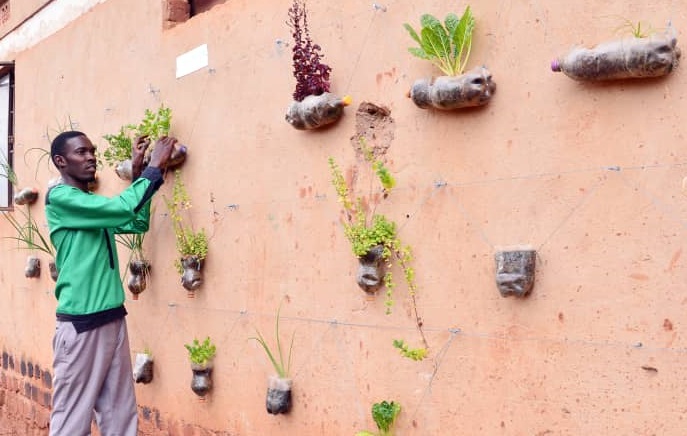

 Education1 day ago
Education1 day ago
 General1 week ago
General1 week ago
 General2 weeks ago
General2 weeks ago
 General4 days ago
General4 days ago
 General2 weeks ago
General2 weeks ago





